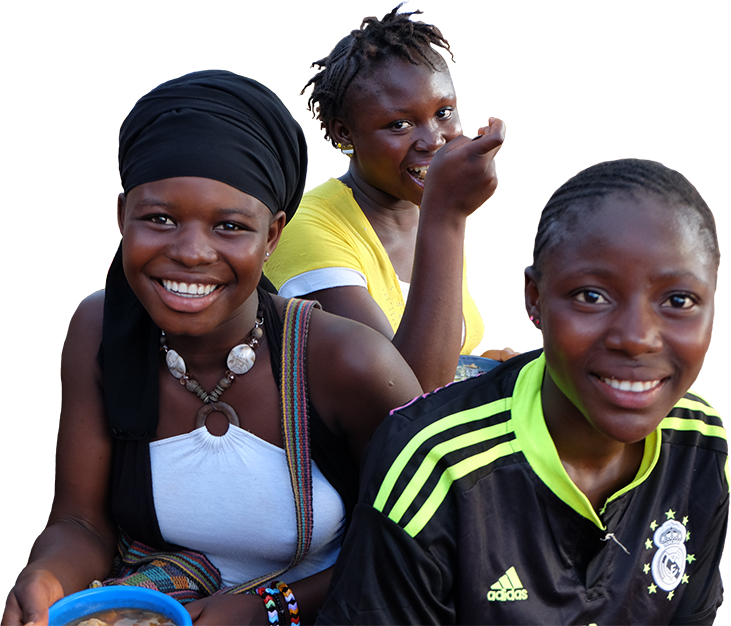Formative research helps us understand the challenges and opportunities that adolescents face, as well as barriers and enablers to behavior change. Routine monitoring is needed to assess progress toward program goals and national targets. Implementation research and evaluations are needed to identify effective approaches. The Adolescent Nutrition Resource Bank includes a variety of protocols and tools for monitoring, evaluating, and researching adolescent nutrition. If you have relevant monitoring, evaluation, or research resources, please send them to info@advancingnutrition.org.
We found 128 resource(s)
Unhealthy Digital Food Marketing to Children in The Philippines
Technical Report published by UNICEF in
This report details the results of a study undertaken by UNICEF to understand the marketing strategies used to appeal to children and adolescents aged 5–17 years.
Nutrition Education in Schools in Cameroon: Addressing the Double Burden of Malnutrition and Obesity
Informational Infographic published by RSD Institute in
This infographic provides information on the double burden of malnutrition and obesity in Cameroon and highlights the importance of providing robust nutrition education in schools to support children and adolescents in improving their diet. It focuses on the systems, laws, and policies that govern health, food, the food industry, and media.
Defining Healthy and Sustainable Diets for Infants, Children and Adolescents
Journal Article published by Global Food Security in
This article provides an overview of nutrition recommendations for dietary intakes necessary to support normal growth and development of children from birth to 18 years. It identifies gaps in defining optimal intakes for children and youth in various geographical areas. It emphasizes the need for governments and donors to conduct more research and…
A Workshop with Children at EPC Changara Sede
Presentation/Poster published by Children for Health in
This presentation is from a workshop about the PCAANS project in Mozambique. The presentation describes the PCAANS approach, the participatory methods used with children, the process, and the results.
Uma Oficina com Crianças na EPC Changara Sede
Technical Report published by Children for Health in
This Portuguese-language presentation is from a workshop about the PCAANS project in Mozambique. The presentation describes the PCAANS approach, the participatory methods used with children, the process, and the results.
Adolescent Girls' Nutritional Status and Knowledge, Beliefs, Practices, and Access to Services: An Assessment to Guide Intervention Design in Nepal
Journal Article published by Current Developments in Nutrition in
This study was conducted to support the design of an evidence-based adolescent nutrition program in Nepal (Suaahara.) The study found that exposure, knowledge, and behaviors across thematic areas differed by stage of adolescence. It concluded that heterogeneity among adolescent girls should be considered when selecting interventions that have the…
Global Standards and Indicators for Health Promoting Schools
Indicator Guide published by WHO in
This document defines key indicators and outlines standards for health-promoting schools, which leverage the educational infrastructure in communities to improve all aspects of health, including physical, social-emotional, and psychological conditions, and positive educational attainment.
Implementation Guidance for Health Promoting Schools
Guideline/Guidance published by WHO in
This document provides guidance for the development, implementation, and monitoring of health-promoting schools at the national, regional, and local levels. Health-promoting schools aim to provide a healthy school environment that can be tailored to national and local health priorities.



